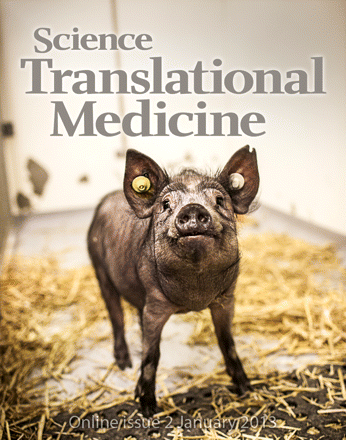
Giehm
Lab

Research






Research interests
Genetic engineering of chromosomal DNA is a fundamental aim in both therapeutic gene transfer, targeted genome editing, and genetic construction for animal transgenesis.
Based on our expertise in gene vector engineering - with particular focus on lentiviral vector systems, AAV-based vectors, and DNA transposon-based technologies - our scientific interests are diverse and numerous and include creation of hybrid gene vector systems, delivery of nucleases for tailored genome editing and gene insertion, protection of transgenes against transcriptional silencing, studies of microRNA biology and methods of antagonizing miRNA function, immune responses to intruding gene vectors, and development of disease model in transgenic cloned pigs - just to mention a few of the things that we are currently digging into in the lab. Our current work relates to human disease with particular focus on chronic skin inflammation, angioedema, diabetes, angioedema, and B-cell cancers.
The work in our laboratory focuses on the development and use of nonviral and viral vector technologies for therapeutic gene transfer and basic studies of molecular genetics. Major emphasis is given to integrating vector technologies, including lentiviral vectors and DNA transposon-based vector systems such as Sleeping Beauty- and piggyBac-based vectors, as tools for gene insertion and efficient in vivo gene transfer. We are devoted to basic studies of vector methodology and biology as well as to studies of therapeutic vector applicability in relevant animal models. A main vision is to reach out - from the engine room of gene therapy - to the clinic and collaborators in the clinical environment.
Most recently, our work has explored the development and use of vector-encoded RNA inhibitors of microRNAs. This technology is primarily based on lentiviral vectors allowing functional studies of microRNA function in cultured cells and in vivo, as for example in xenotransplanted human skin, and in hard-to-transfect cell types. Previous work from the lab brought attention to the use of lentivirally delivered cytokine-targeted shRNAs as a novel platform for target validation in human disease with particular focus on biomedical studies of chronic inflammatory disease. More recently, however, we have focused on microRNA managing and the delivery of microRNA sponges for targeted microRNA suppression. Such strategies are currently being exploited in studies of microRNAs involved in shaping the cellular response to cancer drugs in cancerous B-cells and in an in vivo cancer model.
Our laboratory has specialized in the design, production, and purification of HIV-based lentiviral vectors with numerous applications in gene transfer studies and basic biological projects. We produce (i) conventional integrating vectors, (ii) integration-defective lentiviral vectors, and (iii) transposon-lenti hybrid vectors. Most recently, we have pioneered the concept of loading lentiviral particles with foreign protein, including piggyBac transposase and designer nucleases for genetic engineering. Our panel of lentiviral vector constructs include vectors for transgene, shRNA, microRNA, and microRNA sponge expression. For protein delivery purposes, we have packaging constructs allowing production of lentiviral polypeptides carrying N- and C-terminally fused heterologous proteins. We would be more than happy to assist local (or non-local) groups in projects that involve or require lentiviral gene transfer in tissues or cell types of interest. Please do not hesitate to contact us to discuss project options or to set up a meeting.